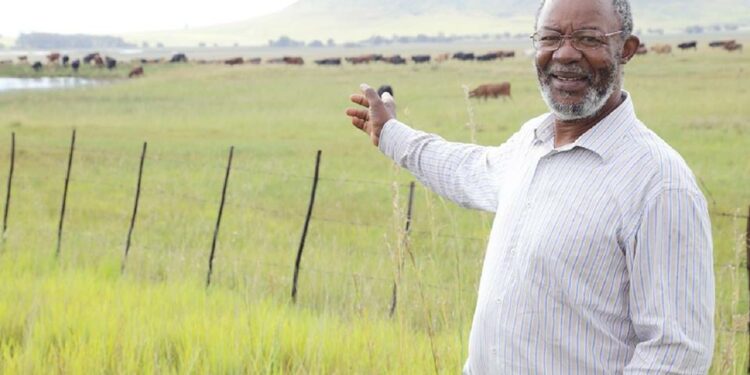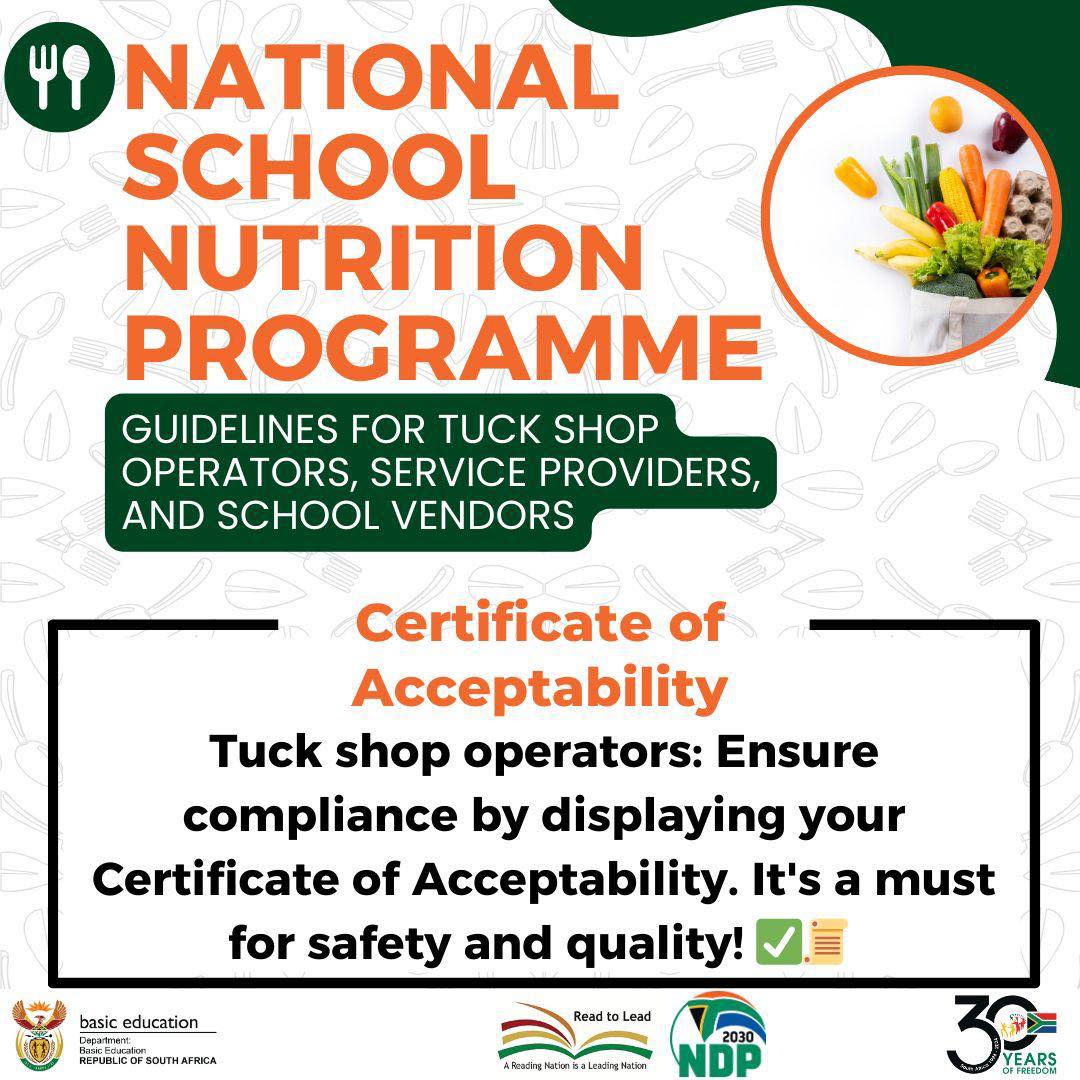Rural development is increasingly being accepted as a key variable for promoting economic development in South Africa. It is an excellent development vehicle and profitable farming at any level of commercialisation is an essential requirement for sustainable economic development.
This is according to agricultural economist Dr Kobus Laubscher, an independent agricultural consultant to Agility Corporate Agri, who notes that there is much that can be done to stimulate local rural economies.
“Migration from rural areas must urgently be reversed in order to attract youngsters to rural areas. Improved infrastructure, technology and better jobs could play an extremely important role here,” he asserts.
“The number of youngsters who choose agriculture as a career and who live and work in rural areas has sharply declined in recent years due to promising people rather pursuing opportunities in cities where there are not only more jobs, but often also much better access to employment benefits.”
“What is particularly restrictive for any attempt to kick-start rural areas is, of course, the lack of jobs. Again, the nature of jobs can also be adjusted. There are positive signs in the form of an intention by the President of South Africa to empower all pupils technologically, but there is also concern about the unlocking ability of the technology unless access challenges and the price of data are addressed,” Dr Laubscher explains.
Laubscher says that commercial agriculture earns much more credit than it accrues. Had it not been for the backing of commercial agricultural farmers and agribusinesses, the future would have looked dire for the industry.
“A trusted, valued staff member – whether skilled or unskilled – is worth their weight in gold and the more we are able to attract and retain quality people within the agricultural sector the better it will be for our country in terms of future economic growth and food security.
“By nurturing positive relationships with employees through employee benefits and employee wellbeing programmes that address the daily challenges employees face, agricultural employers can make marked in-roads towards securing the future of their ventures and the agricultural sector as a whole,” says Dr Laubscher
Not only does an integrated health, risk and wellbeing solution serve to attract and retain quality staff, it also stimulates output.
“Investing in end-to-end employee health, risk and wellbeing solution can result in considerable savings for the employer while ensuring that valued staff members are retained and their contributions optimised for many years to come,” Bianca Viljoen, spokesperson for Agility expands.
A flexible option to provide staff with access to additional healthcare, such as physiotherapy, psychologist counselling and over-the-counter medicine, was made available through the Zurreal Healthcard. This innovative healthcare savings solution allows the employer to load funds onto a card that functions as a debit card, but can only be used for health-related expenses.
“Free telephonic psychological and financial counselling provided through Agility’s rewards and wellbeing partner, Zurreal, assists staff to address some of the root causes of stress and anxiety, contributing to their overall wellbeing,” says Viljoen.
“In order to achieve longer-term prosperity in agriculture we must ensure that the industry remains relevant to the youth and those living in rural communities. This can only be achieved if the health and financial security of workers is a priority. We know how practical businesses operating in the farming environment must be to survive, and we know that with the correct human capital risk management support, the industry is not only sustainable; it is set to flourish,” Dr Laubscher concludes.










